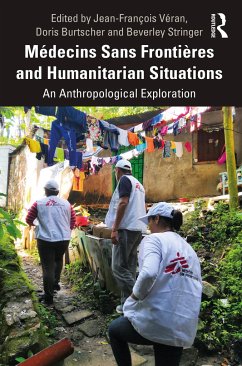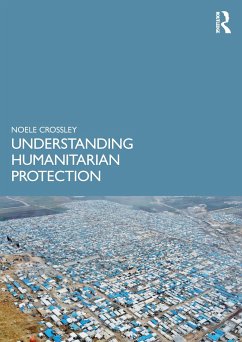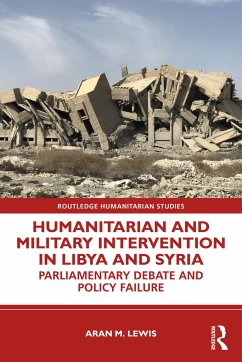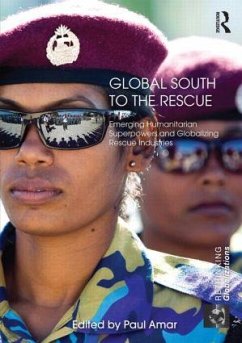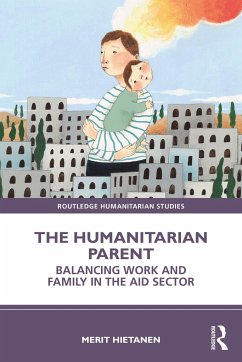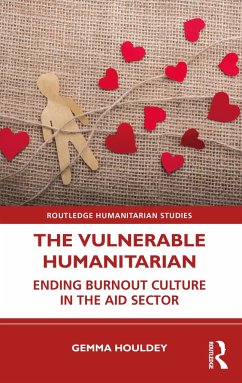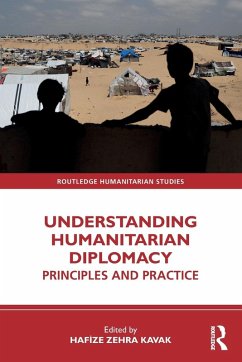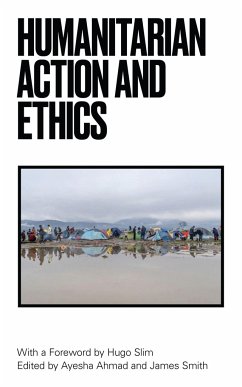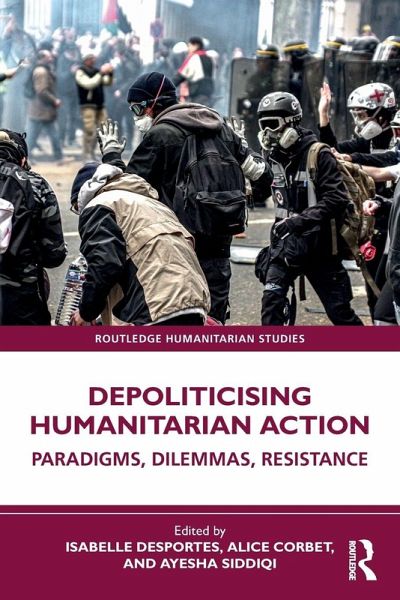
Depoliticising Humanitarian Action
Paradigms, Dilemmas, Resistance
Herausgeber: Desportes, Isabelle; Siddiqi, Ayesha; Corbet, Alice
Versandkostenfrei!
Versandfertig in 1-2 Wochen
54,99 €
inkl. MwSt.
Weitere Ausgaben:

PAYBACK Punkte
27 °P sammeln!
Is it possible to separate humanitarian action from politics? Drawing on the expertise of practitioners and researchers, and balancing theoretical insights with empirical grounding, field examples and policy recommendations, this book is an essential guide to the thorny interplay between what are too often considered as separate worlds.






